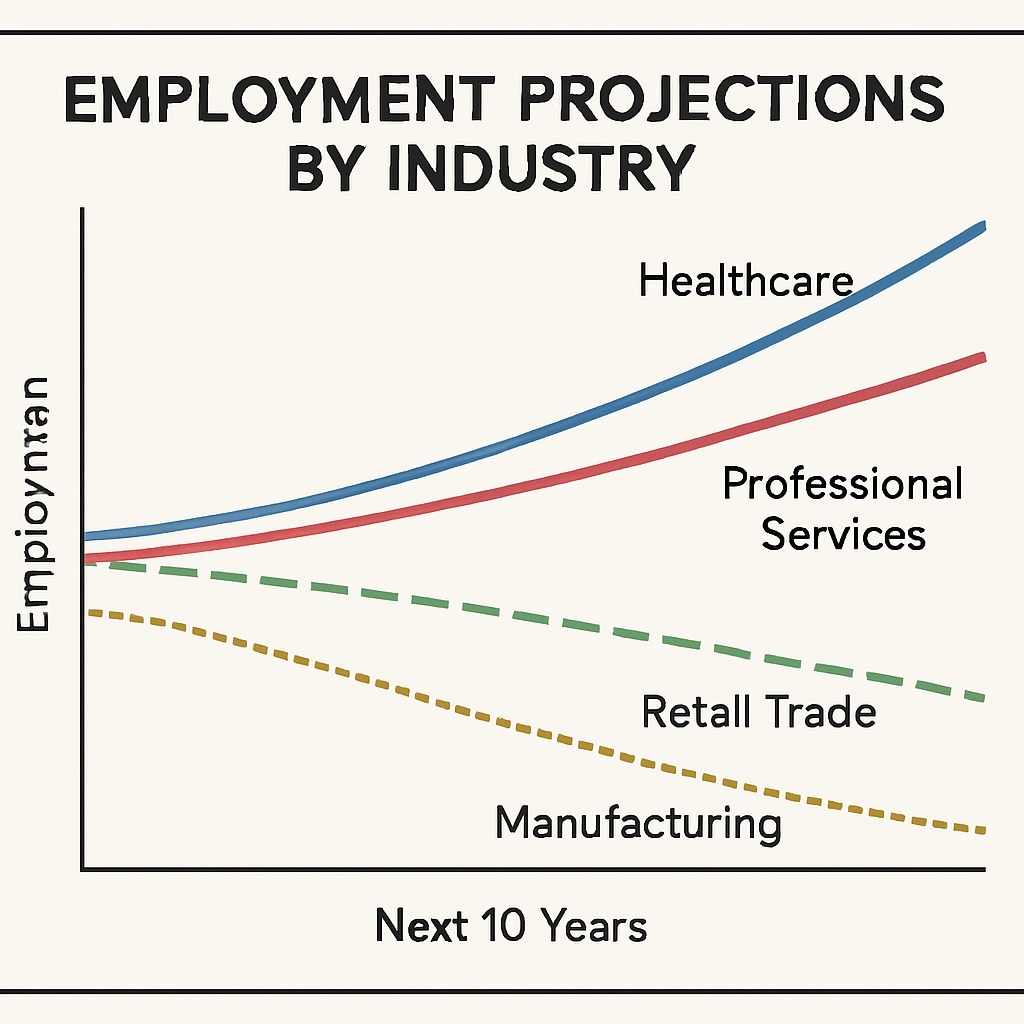Returning to academia after leaving college often presents a unique challenge: finding the right balance between academic planning, professional opportunities, and personal interests. College dropouts who decide to resume their education frequently grapple with the question of whether to pursue a field aligned with their passions or one that promises strong career prospects. This article examines this dilemma, offering practical decision-making frameworks to help students navigate their educational paths effectively.
Balancing Passion with Practicality
For many college dropouts, the decision to return to school comes with the hope of achieving both personal fulfillment and financial stability. However, this balance is easier said than done. Choosing a major based purely on personal interest might lead to intellectual satisfaction but could fall short in delivering employability in competitive job markets. On the other hand, opting for a career-focused degree can feel restrictive, especially if it lacks personal appeal.
To strike this balance, students can follow a three-step approach:
- Self-reflection: Identify core interests, skills, and values.
- Market research: Investigate demand for careers in potential fields.
- Professional advice: Consult with academic counselors or industry professionals for real-world insights.

How Career Prospects Shape Choices
Career prospects vary significantly across disciplines, and understanding job market trends is crucial for making informed decisions. Fields like healthcare, technology, and engineering often guarantee stable employment and high earning potential but may require rigorous academic preparation. Conversely, creative and liberal arts fields may offer fewer traditional job opportunities, but they can lead to fulfilling careers for those with entrepreneurial skills.
One effective tool for assessing career prospects is the use of reputable resources like the U.S. Bureau of Labor Statistics, which provides valuable data on industry growth and average salaries. Additionally, platforms like LinkedIn can help students connect with professionals in their chosen fields to gain insights into potential career paths.

Finding the Sweet Spot Between Interest and Opportunity
While it may seem challenging, there are strategies to combine passion with practicality. Here are a few tips:
- Hybrid Majors: Consider interdisciplinary programs that blend personal interests with in-demand skills, such as combining art with digital marketing or psychology with data analysis.
- Leverage Electives: Use elective courses to explore interests outside your major while staying focused on career-ready disciplines.
- Build Transferable Skills: Focus on acquiring skills like communication, problem-solving, and technical proficiency that are valuable across industries.
- Internships and Projects: Gain hands-on experience in areas of interest to assess their viability as career options.
Ultimately, students can create a customized education plan that accommodates both their aspirations and practical needs. By staying adaptable and open to feedback, they can maximize their academic experience and career potential.
Returning to academia is a bold step, and the journey of blending passion and practicality requires thoughtful planning. With the right tools and mindset, college dropouts can transform their educational paths into a springboard for future success.
Readability guidance: Aim for clarity and conciseness in decision-making strategies. Use bullet points to summarize actionable tips and keep paragraphs short to maintain reader engagement.


